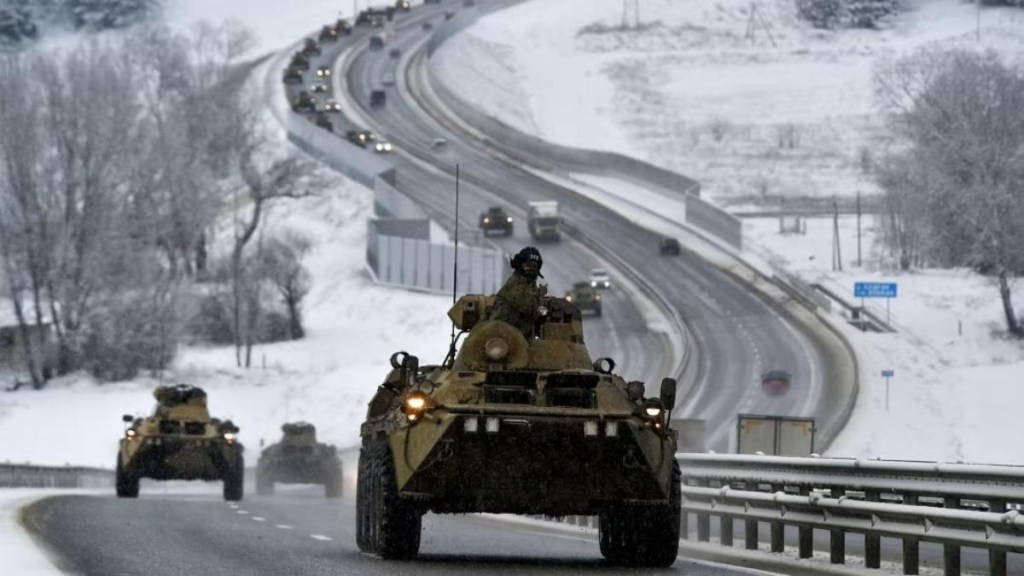In a significant shift in policy, Bulgaria has agreed to extend support to the Ukrainian army by providing them with around 100 armoured personnel carriers. This decision marks a notable departure from their previous stance on sending military equipment to Ukraine to aid in their fight against the Russian invasion.
Late on Friday, the Bulgarian parliament voted 148 to 52 in favour of the government’s proposal to send heavy military equipment to Ukraine, making it the first shipment of its kind since the outbreak of the war. The parliament emphasised that this equipment is no longer essential for Bulgaria’s needs and can serve as crucial support for Ukraine in their battle to uphold their independence and territorial integrity, following the unjustified and unprovoked Russian aggression.
These armoured vehicles, dating back to the 1980s, were originally supplied to Bulgaria when it was an ally of the Soviet Union within the Warsaw Pact. Despite Bulgaria’s NATO membership in 2004, the country still maintains a stockpile of Soviet-designed weapons and has several ammunition factories for such equipment.
While the principle of providing military aid to Ukraine was approved by Parliament towards the end of the previous year, the details of this assistance were left to the executive to decide. Previous interim governments appointed by President Rumen Radev, known for his sympathy towards Russia, had rejected direct arms supplies to Kyiv, arguing that providing weapons would only prolong the conflict.
However, the current pro-Western government has taken a different stance, opting to send the armoured vehicles, along with armaments and spare parts, to Ukraine. Liberal lawmaker Ivaylo Mirchev highlighted the importance of aiding Ukraine in their fight, stating that the Ukrainians’ struggle for freedom is also intertwined with Bulgaria’s interests.
The decision faced criticism from the Socialist party and pro-Moscow nationalists from the Revival party, who voted against it. A member of the Socialist Party, Kristian Vigenin, who serves as the deputy speaker of the National Assembly, expressed the opinion that while Bulgaria can play a role as a peace mediator with its specific relations with both sides, direct military involvement might not be the ideal approach to assist Ukraine.
(With inputs from Associated Press)
